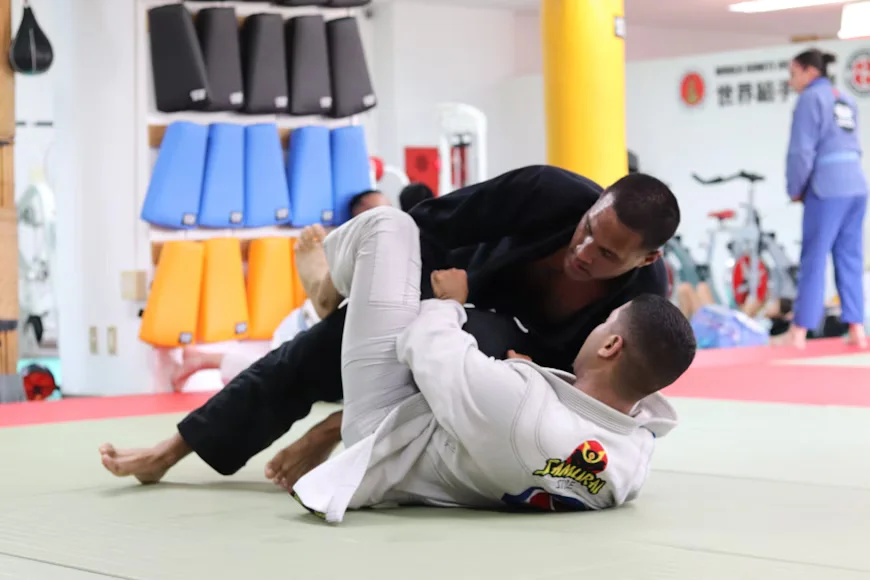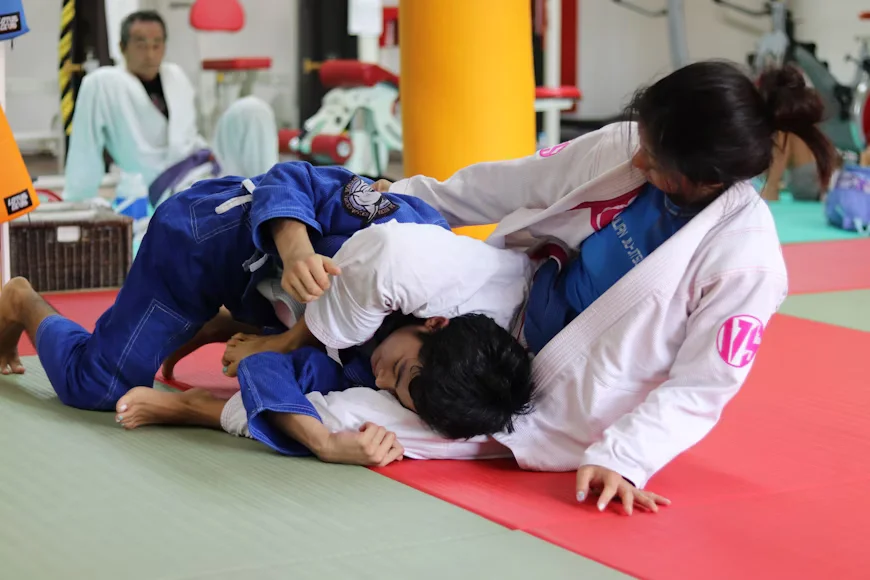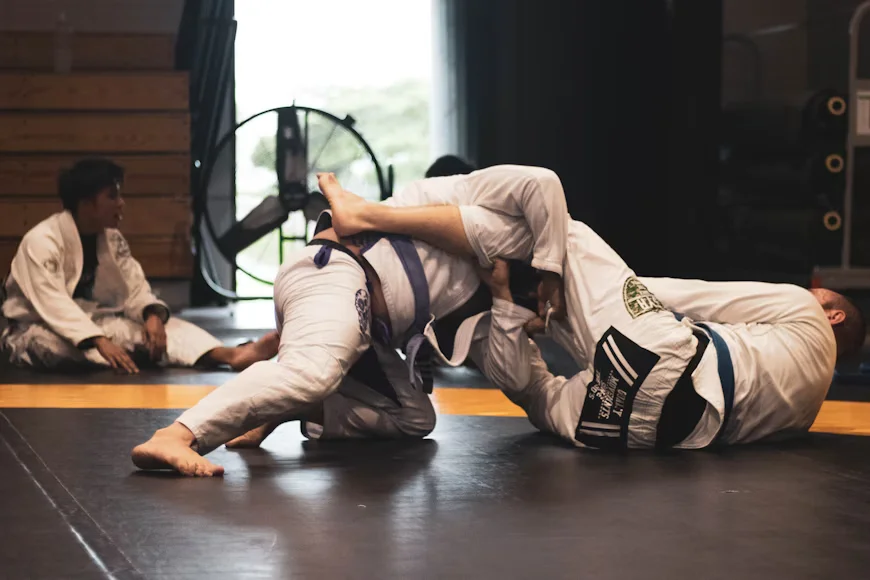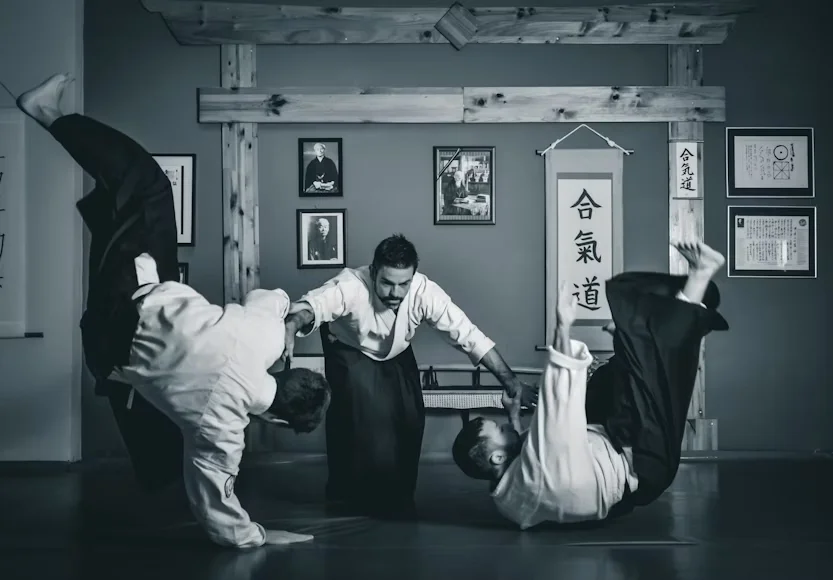At your dojo, they teach self-control. But what happens when things go wrong for Martial Arts Insurance?
A single nasty kick at sparring. A student or parent falls on your mat or in the lobby. Then you have a lawsuit against you out of nowhere, and it might kill everything you have created.
Martial arts appear to be under control, but things change quickly. The twisted ankle or that broken nose might cost you tens of thousands and legal fees. Intelligent dojo owners not only teach how to defend themselves, but they also practice it. The correct insurance safeguards your business, your students, and your future.
Here is what every martial arts school should know about remaining covered.
What’s Martial Arts Insurance All About?
Think of martial arts insurance as a financial cushion. It protects you when accidents happen in your dojo.
Regular business insurance doesn’t cut it. Martial arts involve kicks, throws, and contact that scare standard insurers. You need specialized coverage built for combat sports. Every martial arts business needs different protection. A small karate class has risks that are different from a big MMA gym with cage fights.
Who needs coverage?
- Dojo owners and clubs
- Instructors (full-time and part-time)
- Tournament organizers
- High-level competitors
Don’t assume you’re covered. Get proper protection for your specific situation.
What Does Your Policy Cover?

Your martial arts insurance needs different pieces working together, such as:
1. Public Liability Insurance
This is your central shield. It covers anyone who gets hurt on your property or during your activities.
Picture this: A mom comes to watch her kid’s class. The floor is still wet from cleaning. She slips, breaks her wrist, and decides to sue. Public liability pays her medical bills and your legal costs.
Or imagine you’re doing a demo at the county fair. Your practice sword flies out of your hands and smashes someone’s expensive camera. This coverage buys them a new one.
2. Employers’ Liability Insurance
Do you have any staff? You need this. It’s often required by law if you employ other instructors, office help, or cleaning crews.
When your employee gets hurt on the job, this protects you from their claims. This coverage has your back.
3. Professional Indemnity Insurance

You’re not just renting space – you’re teaching skills. What if your instructions go wrong?
Say you teach a student a new takedown. They practice it later and get injured. They blame your teaching. Professional indemnity covers your legal defense and any settlement.
Recent research shows instructors need to stay current with safety methods. Old-school teaching that ignores new injury prevention could be seen as negligence.
4. Personal Accident Insurance
Public liability covers visitors. It covers your actual students and staff during training.
It’s not about who’s at fault. Martial arts involve risk. When someone gets hurt, this helps pay for:
- Medical bills and rehab
- Cash payments for broken bones or disabilities
- Physical therapy sessions
- Coverage even when training away from your dojo
New concussion research keeps changing how we handle head injuries. Smart dojos use this info to show they care about student safety.
5. Property and Equipment Insurance
Your dojo is full of expensive things. Quality mats, heavy bags, training weapons, computers – it adds fast.
Fire, theft, vandalism, or storm damage could wipe you out. This coverage gets you back in business quickly by replacing what you lost.
6. Special Coverage for Higher-Risk Styles
Teaching MMA, Muay Thai, or full-contact karate? Regular policies often exclude these high-impact sports. You need specialized coverage that understands the real risks.
Hosting tournaments? That’s different from regular classes. Bigger crowds, temporary venues, and intense competition create unique liability issues. Event insurance handles these special situations.
Want more on this? Here’s a piece that pairs perfectly.
Why Martial Arts Insurance Is Essential
Martial arts insurance is essential for the following reasons:
- Accidents cost money. One broken bone during sparring could bankrupt your dojo. Insurance turns that massive lawsuit into a manageable expense.
- The law demands it. Many states require employers’ liability if you have staff. Your landlord probably won’t rent to you without public liability coverage. Martial arts organizations often require proof of insurance before you can affiliate.
- Keep your doors open. Legal fees can destroy your business, even if you win the case. Insurance means you survive the storm and keep up the good work.
How to Pick the Right Coverage for Your School

Don’t just grab the cheapest policy. You need proper protection.
- Know your risks first. Teaching gentle Tai Chi? Low risk. Running an MMA gym with cage fights? High risk. Kids’ classes are different from adult competitions.
- Work with an expert broker. They’ll help you pick coverage limits that match your student numbers and equipment value. Your $50,000 worth of mats needs proper protection.
- Read the fine print carefully. Many policies exclude full-contact sparring or injuries during tournaments. Make sure your actual activities are covered, not just basic classes.
Get protection that fits your real business, not someone else’s.
Conclusion
Strength is what you are teaching at your dojo. Your insurance ought to be as well.
Do not wait to be hit by a disaster. That lawsuit may drop tomorrow, and a dream school will become a nightmare without adequate cover. You have created something incredible. The learners have confidence in you. The parents and you depend on each other. Safeguard which counts most. A martial arts specialist is just a call away. Get a quote, seal the gaps, and train confidently, knowing your business is bulletproof.
Don’t miss our newest articles—they’re all waiting at 2A Magazine.







